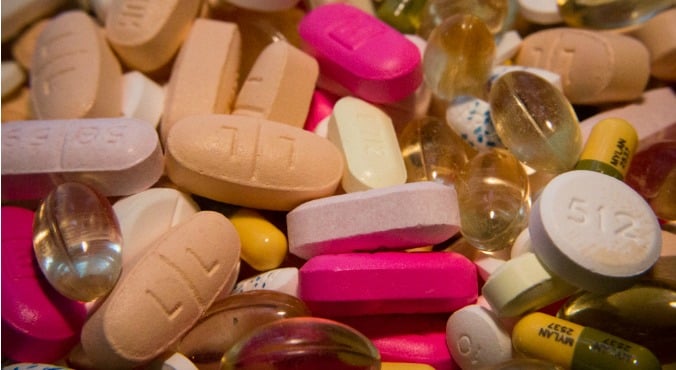
Image via Flickr
There’s a vitamin and mineral supplement for almost every ailment and deficiency in life. And we mean every deficiency. Sure, there are iron supplements for individuals suffering from anemia, but there are also supplements that are guaranteed to improve your hair, your skin, and even your mood.
Women, who aren’t pregnant, are now taking pre-natal supplements – because Gwyneth Paltrow has said they can assist people suffering from luscious hair-deficiency or glowing skin-deficiency. (They’re real conditions. Just ask your doctor.)
But with so many varieties of vitamin and mineral supplements on the market, it can be difficult to know which ones are backed up by science; and which are nothing more than snake oil. For readers who need more than a catchy tagline promising better health and a better YOU, we’ve done the investigating so you know which supplements you can rely on. Here they are:
1. Vitamin D
Vitamin D is like the kale of the supplements world at the moment: everyone is talking about it, and people who have been converted to the Vitamin D camp see it as a cure-all for many ailments. Vitamin D performs some pretty essential functions in the human body. It is needed to help absorb calcium (one of the body’s key building blocks); the immune system uses vitamin D to fight off invading bacteria and viruses; nerves use it to carry messages between the brain and the body; and muscles need it to move.
Dr. Rosemary Stanton, a leading Australian nutritionist, says that Vitamin D supplements can be useful for individuals who don’t get out in the sun very often and have trouble absorbing the vitamin.

